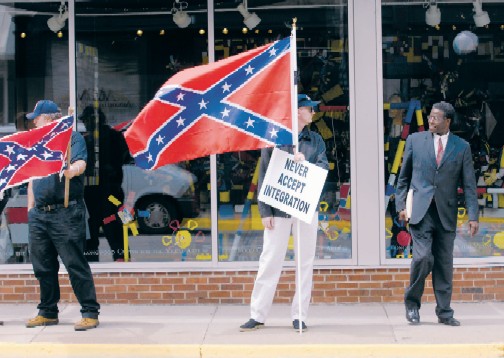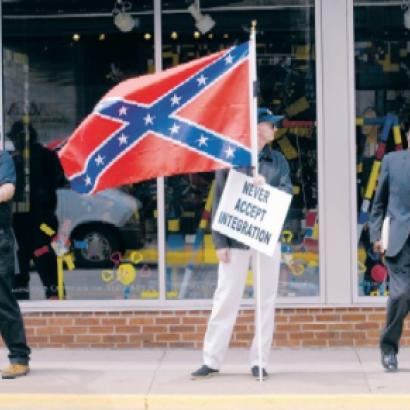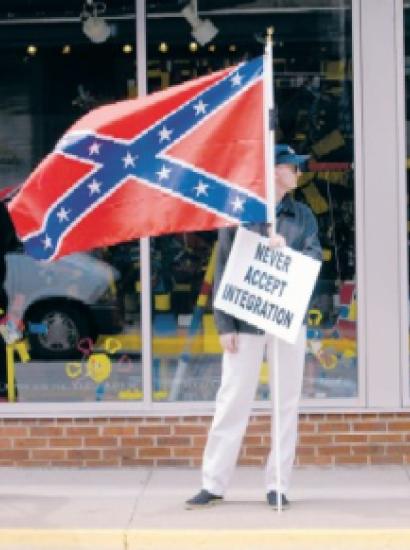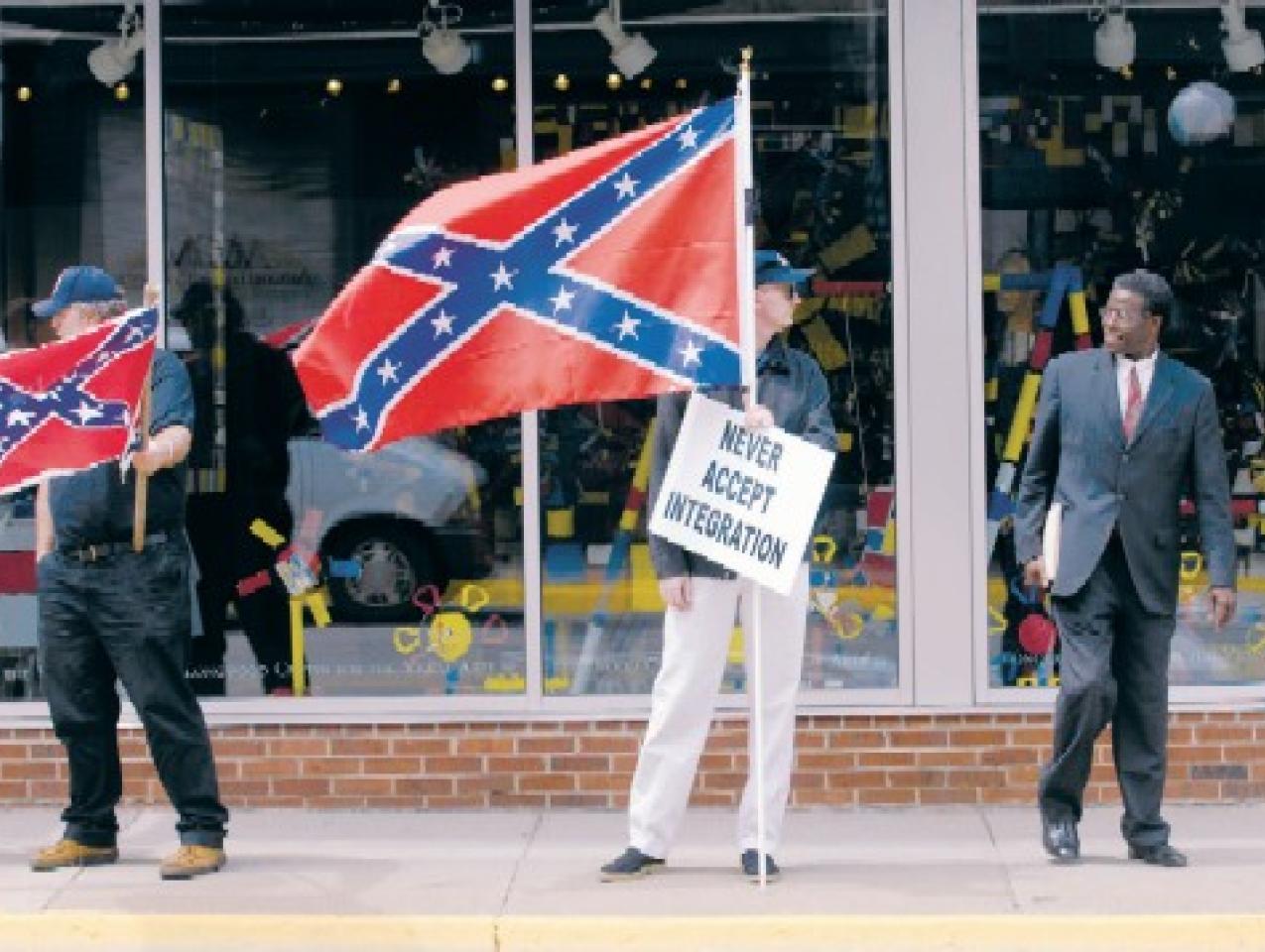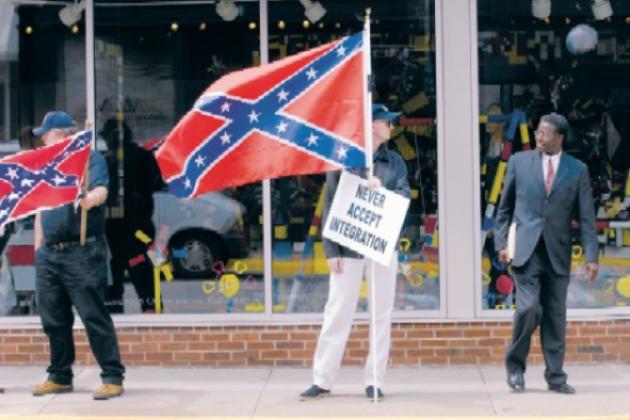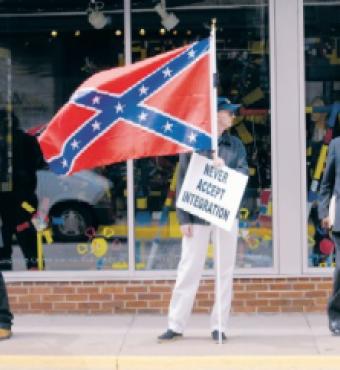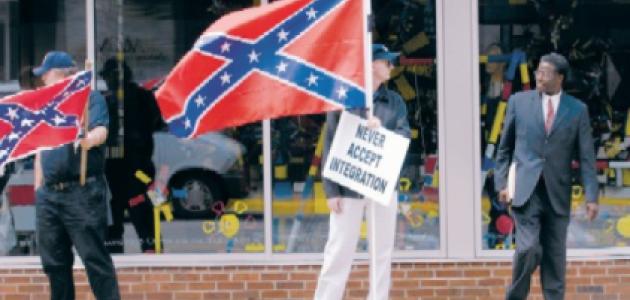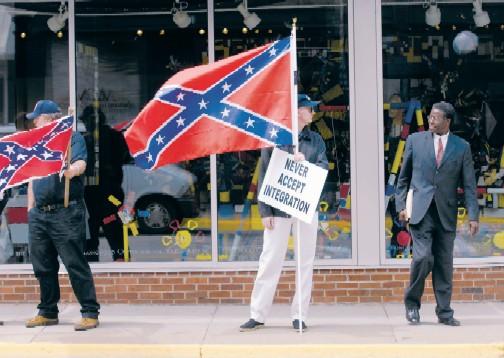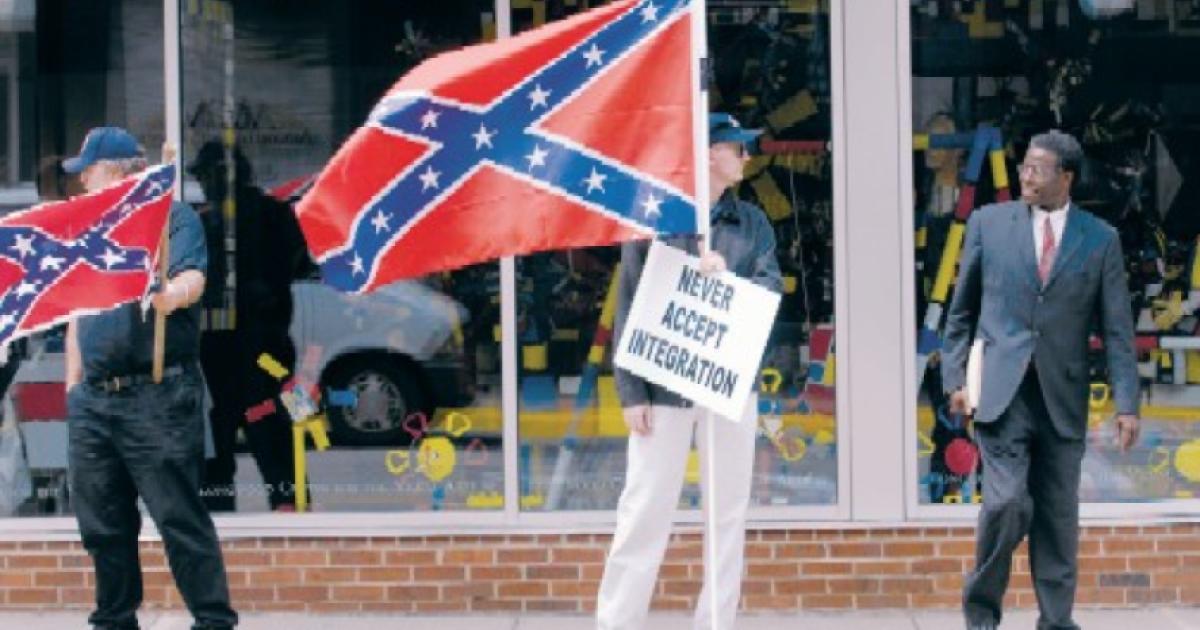- Law & Policy
- Civil Rights & Race
From a police shooting in Queens, N.Y., to a racially charged legal battle involving the Los Angeles Fire Department, from the self-immolation of comedian Michael Richards to the failed Senate campaign of Tennessee’s Harold Ford, race is back in the news, bringing with it a batch of new and disturbing questions.
Is racism now a powerful, subterranean force in our society? Is it so subtly infused into the white American subconscious as to be both involuntary and invisible to the racist himself? A recent CNN poll tells us that 84 percent of blacks and 66 percent of whites think racism is a “very serious” or “somewhat serious” problem in American life. Is this true?
In attempting to answer these questions, we must acknowledge one of the most profound achievements in recent human history: the death of white supremacy. Here was an event far more world-altering than the collapse of communism, and yet, out of a truly extraordinary historical blindness, it has gone utterly unnoticed. Possibly it was an event too conspicuous to see.
Many believe that it is racist for whites to say white supremacy is dead and that it is Uncle Tomism for blacks to say it. But it is dead nevertheless. Once a legitimate authority with dominion over all the resources and peoples of the world, it is today universally seen as one of history’s greatest evils. It is dead today because it has no authority anywhere in the world and no legitimacy out of which to impose itself. It was defeated by revolutions in the last half of the twentieth century that spanned the globe from India to Algeria to the United States. It was defeated by the people who had suffered it. And even if it survives in some quarters as an idea, as a speculation, it now stigmatizes anyone associated with it to the point of ruin.







